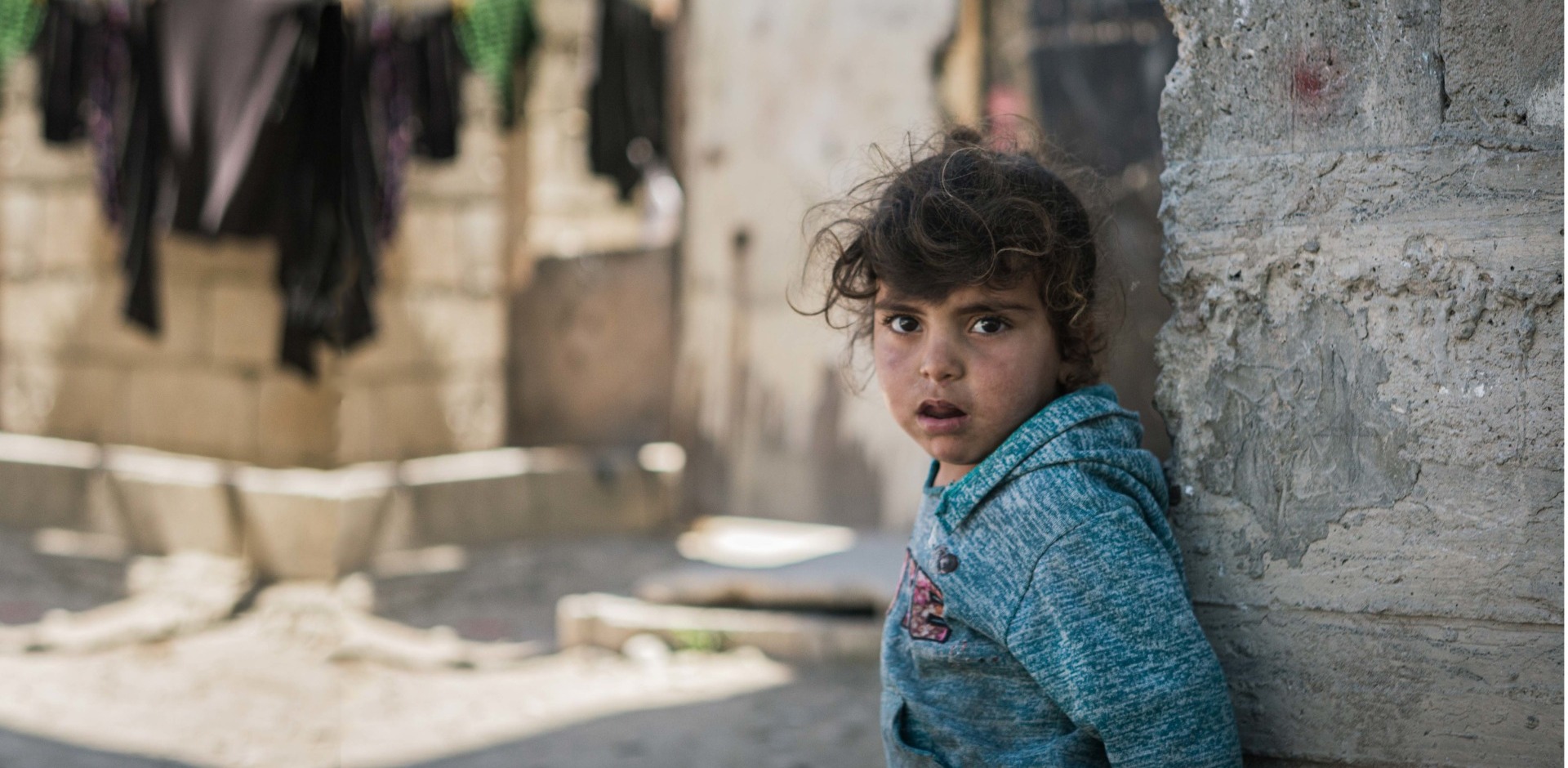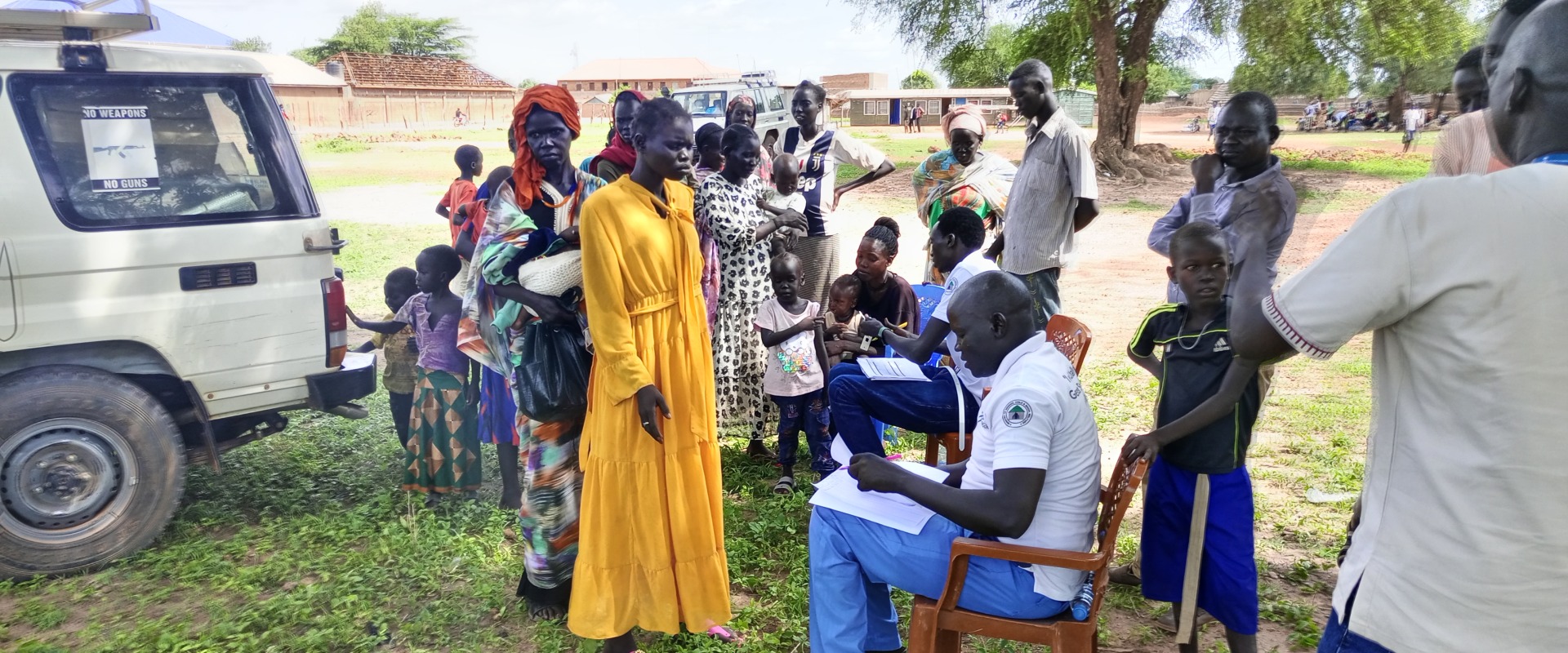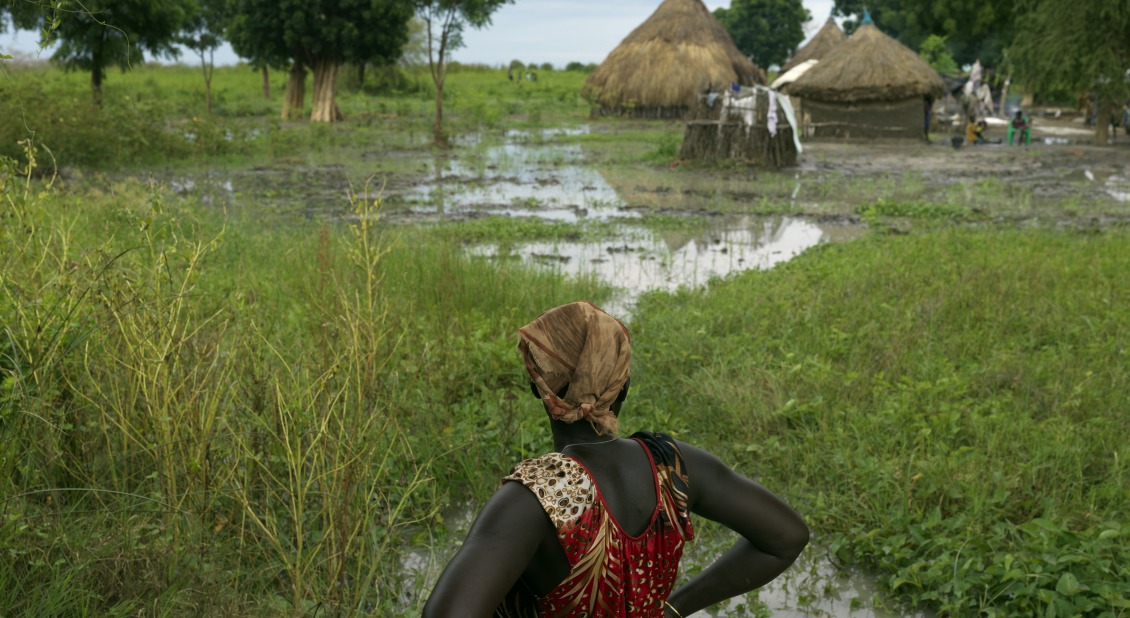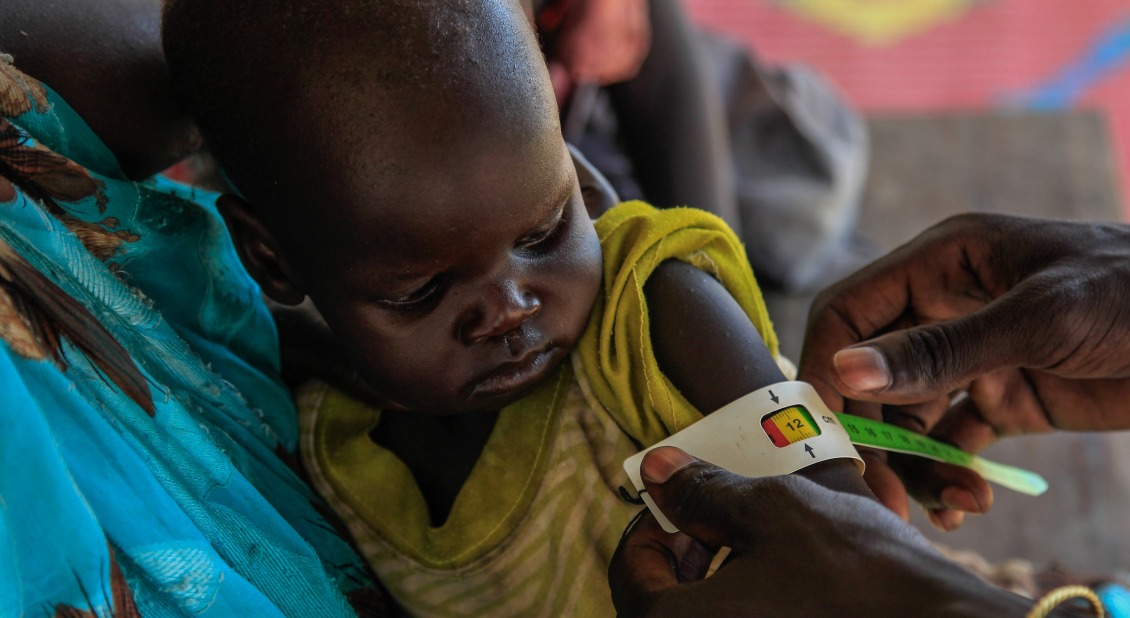
Gaza Crisis Appeal

It has been almost a year since conflict broke out in Sudan, and the needs have never been greater. Nearly 18 million people, or a third of the population, are acutely food insecure. The conflict has triggered one of the world’s largest displacement crises, with nearly 11 million people displaced both internally and in countries around the world.
Nearly 25 million people are in desperate need of humanitarian assistance, including 14 million children. Fuel shortages, rising food prices, and a large-scale cholera outbreak are causing the situation to deteriorate further. Violence prevents humanitarian workers from accessing the hardest-hit communities, and many families are left without access to lifesaving health care and basic necessities.
The crisis in Sudan is one of the world’s most severe, but it is also largely forgotten. The last eleven months of conflict have followed years of fighting and instability. The conflict is primarily taking place in the heart of Khartoum, the capital, with a devastating effect on the whole country. It has sparked not only the world’s biggest displacement crisis, but also the largest child displacement crisis, with four million children displaced. Until humanitarian workers can access Sudan’s most vulnerable communities, millions will go hungry. The conflict has destroyed key infrastructure, blocked transport systems, ruined water supply services, devastated health care facilities, and led to economic collapse.
People across the country are going to bed hungry each night. Displacement is causing food insecurity by disrupting harvests and limiting access to vital resources. Around 10% of Sudan’s population is on the brink of famine, while 27% are facing crisis levels of hunger. Disease outbreaks are worsening widespread hunger, as illnesses like cholera lead to diarrhea, weakness, malnutrition, and even death. Cholera levels have surpassed 10,000 cases.

In November 2023, UN experts expressed alarm at the escalation of sexual violence during Sudan’s conflict. Women and girls are reportedly being raped and abducted, some of them forcibly married and held for ransom. Several sources have reported seeing women and girls chained in vans inside cars in inhumane conditions.
Action Against Hunger advocates for an end to gender-based violence. It is crucial to respond quickly and urgently to these reports.
Action Against Hunger’s team in Sudan is assisting survivors of gender-based violence through a mobile hotline. The organization’s health experts are setting up women’s centers and community protection networks, both to respond to immediate needs and pave the way for long-term support. Action Against Hunger teams also conduct awareness-raising sessions, train local health workers and community leaders on gender equality, set up school clubs to raise awareness of gender-based violence, and advocate for inclusive and equitable communities.
It is more urgent than ever before for humanitarian workers to have guaranteed safe access Sudan’s impacted communities. The intensification of hostilities is hampering the delivery of humanitarian aid, due to large-scale insecurity and movement restrictions. Fuel shortages and rising prices also impact transport costs. The international community faces significant obstacles to respond effectively and requires coordinated efforts to address the challenges and provide lifesaving assistance to Sudan.
Action Against Hunger urges the international community to recognize the scale of the crisis in Sudan and to quickly mobilize the necessary resources to save Sudan needs $2.7 billion dollars in humanitarian assistance—yet the country has only received $96.7 million to date, or 4% of the funding required.

Action Against Hunger reached nearly 500,000 people in Sudan between April and December 2023 with humanitarian programs focused on health, nutrition, livelihoods, water, sanitation, hygiene, and gender protection. Despite persistent conflict-related challenges, Action Against Hunger teams continue to work in 11 locations across the country, including the White Nile, Blue Nile, South Kordofan, and Central Darfur states, all which face escalating levels of food insecurity.
Action Against Hunger has worked in Sudan since 2017, strengthening food insecurity through agricultural interventions, increasing access to safe water, and improving sanitation services and hygiene practices. Health teams also work at 44 centers across the country to treat and prevent malnutrition and diseases like diarrhea, pneumonia, malaria, and measles.
As the already vulnerable health system is further weakened by months of conflict, more and more people in Sudan grow sick, tired, and hungry. Action Against Hunger urges parties to the conflict to ensure that humanitarians have free, unrestricted access to determine the needs of communities, replenish supplies, and deliver lifesaving assistance.
Join our community of supporters passionate about ending world hunger.